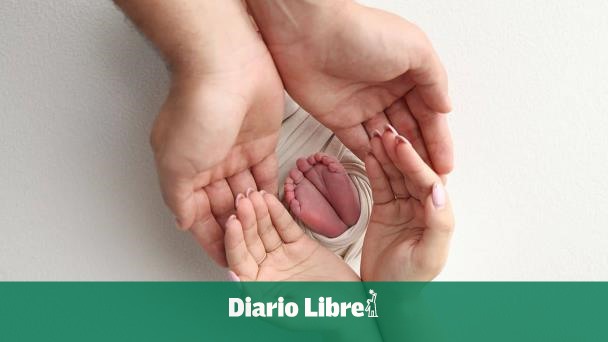Every November 17th the World Day of the Premature Child with the purpose of raising awareness of the adverse situations faced by premature babies, as well as their caregivers, and seeking solutions that improve their quality of life.
This event was promoted by the European Foundation for the Care of Newborns and established by the World Health Organization (WHO).
A baby is considered premature when born before 37 weeks of age. gestation. Meanwhile, prematurity can be classified into different degrees, from moderate (between 32 and 36 weeks) to extremely premature (less than 28 weeks).
The risk of babies being born before the recommended time is that they may face a number of challenges because their organs are not fully developed at birth.
premature babies worldwide
Every year, around 15 million babies are born worldwide. premature babies and prematurity is one of the main causes of death in newborns, especially those born less than 28 weeks of age gestation.
In accordance with the Pan American Organization of Health (PAHO) It is estimated that 13.4 million babies were born in 2020. premature children (before 37 weeks of gestation).
Likewise, this organization specifies that the complications derived from premature birth are the main cause of mortality among children under five years of age and in 2019 they claimed approximately 900,000 lives.
In this sense, three quarters of these deaths could be prevented with available interventions. Meanwhile, at the international level, the rate of premature births ranges between 4% and 16% of children born in 2020.
Complications of prematurity
According to the World Health Organization (WHO) the complications of prematurity constitute the main cause of death in the neonatal period. In the Americas region, around 1.2 million births occur prematurely.
Among the factors that can increase the risk of a premature birth figure: infections, multiple pregnancies, hypertension, diabetes, stress, lack of access to prenatal care and pre-existing health conditions in the mother.

















